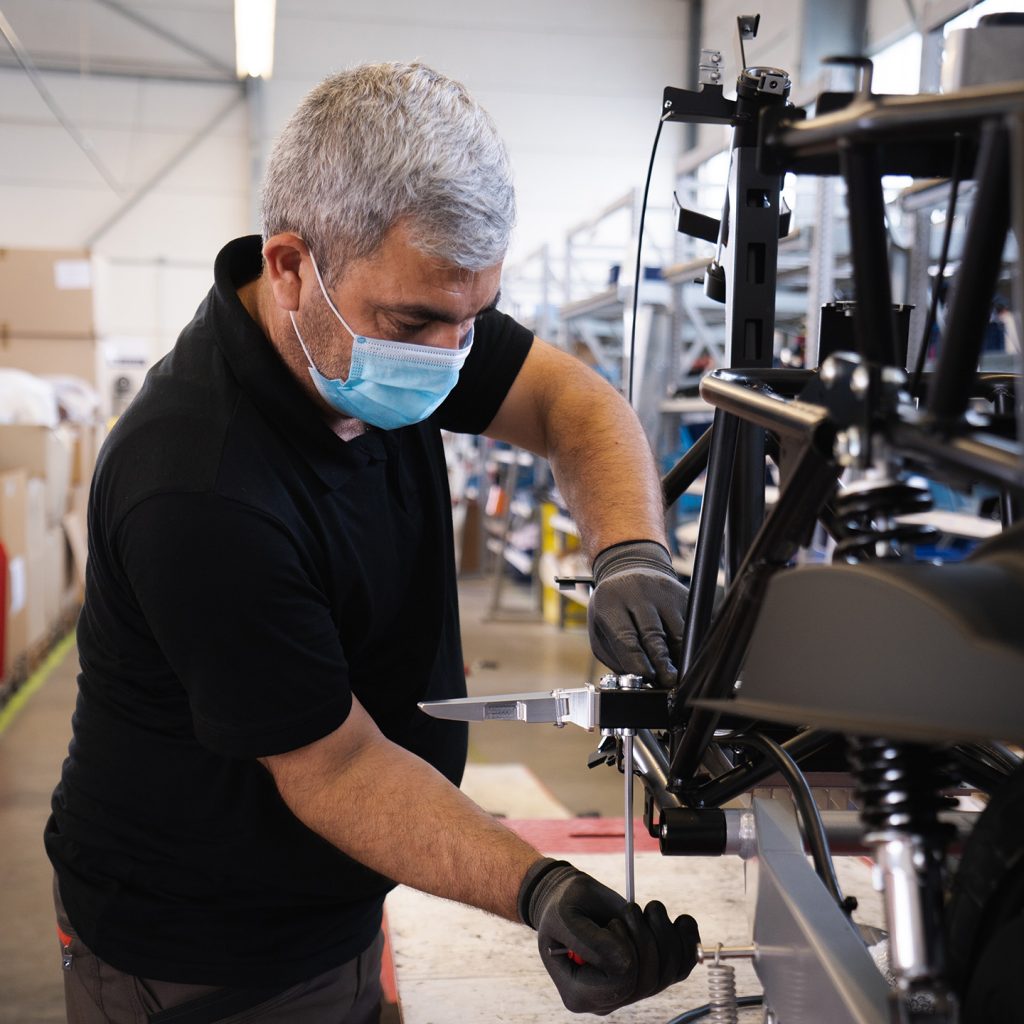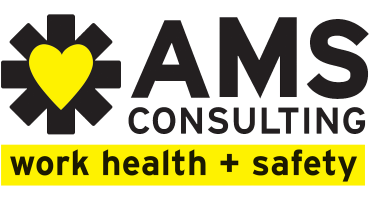There is a lot going on for businesses and workers trying to navigate the COVID-19 pandemic in Australia as a result of public health orders.
Right now, NSW has >70% of its population being double vaccinated for COVID-19, and after being locked down for >100days, as the contagious ‘Delta’ strain came to town, we are opening up.
For those working from home throughout, many of their employers will be keen to get them back into their usual workplace – but this will mean a new normal, regardless if your double vaccinated.
Some businesses are not keen to reopen, as staff must check customer COVID-19 vaccination status and risk a public health order fine, if they don’t turn away the unvaccinated – albeit this is only in place until 1 Dec 2021.
Vaccination is understandably mandated for aged care service and other healthcare staff to be fully COVID-19 vaccinated, as they are caring for the vulnerable in community, who are at a higher risk.
Some large employers, have surveyed staff and some found that 90% or more have had at least one vaccine dose, yet they still intend to mandate vaccinations for their staff in their workplaces.
Business to business customers will also likely require COVID-19 vaccinated, labour hire and contractor workers, as part of their contracts e.g. for cleaning and maintenance.
There has been a flurry of opinions in the media about the legality of it all, including views that it is more likely vaccinated workers will use legal avenues, if they must work with unvaccinated workers.
On top of that, masks previously mandated to be worn indoors at work, are now ‘optional’.
So, were does this leave both employers and workers?
The legalities of mandating COVID-19 vaccinations are yet to be tested in court, and we are yet to see exactly how both workers and employers react to navigating this Delta ‘new normal’ at work.
Meanwhile, the toll level on business leaders and particularly workers, in terms of stress and anxiety, from anticipated or unanticipated ‘exclusion’ in the workplace, will emerge as time goes on.
Much focus, funding and effort has been put into mental health at work which is pleasing – but what can be done to prevent or manage the risk of infection in the workplace?
Firstly, while there is a reduced risk of serious illness or death, there is still a significant risk of getting and spreading COVID-19 ‘Delta’, despite being double COVID-19 vaccinated.
While SafeWork NSW promotes risk assessment and encourages COVID-19 vaccination, it also asserts that, ‘Vaccination is only part of keeping workplaces and the community safe and health.’
This is a key fact, overlooked by many – WHS law requires businesses to assess the specific workplace risks in your business and apply all reasonably practicable measures, to control these.

Many businesses are opting for an ‘Infection Control Policy’ to set out the measures for prevention and control they will take, for any infectious disease, that may affect their workplace.
Either way, the mainstays of preventing and controlling COVID-19 or any infectious disease, will always entail the ‘basics’ e.g. cleaning, distancing, hygiene, masks indoors (especially if distancing is not practicable) and stay at home and get tested if you’re sick.
So even if you’re vaccinated just ‘keep on, keeping on’ with the basics – it got us through Spanish flu!
